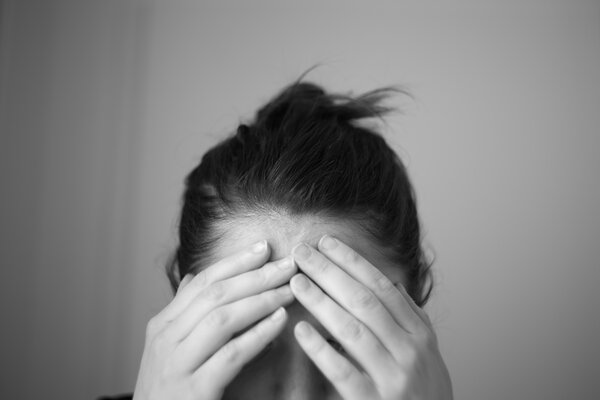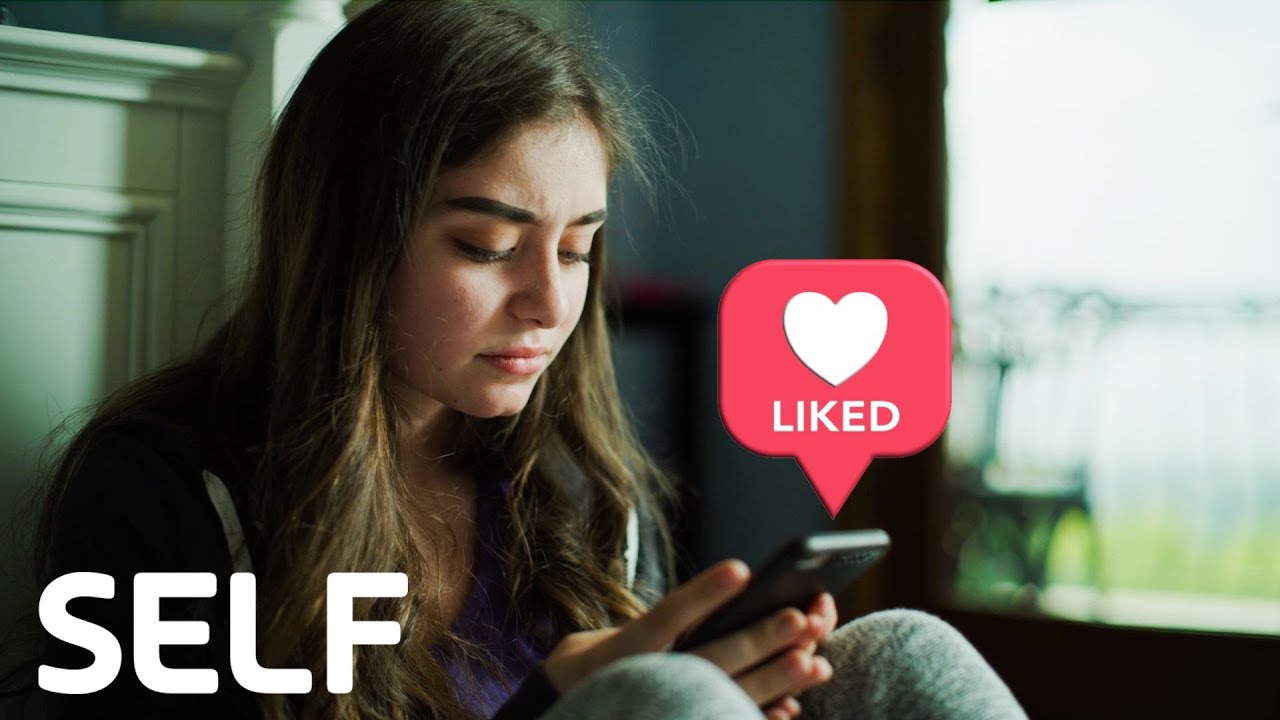staying updated on current events, it offers a world of possibilities. However, alongside these benefits, there are growing concerns about its impact on mental health, particularly anxiety. Let’s dive into the complex relationship between social media and anxiety and discover practical strategies for navigating this digital landscape.
The Complex Effects of Social Media on Mental Health
Social media’s impact on mental health is a topic of much debate. Research often presents conflicting findings—some studies suggest it contributes to loneliness and anxiety, while others highlight its potential for fostering social connections and support.
Overview of Research Findings
Jeff Hancock, a professor at Stanford University, has explored this ambiguity. He notes that while social media can have small, both negative and positive effects. The net effect seems to be neutral, with social media affecting each person differently.

Case Study: Viral Fame and its Consequences
Consider the experience of Kate Glavin, a social media influencer who went viral on TikTok. Kate shared a casual dating experience, which unexpectedly turned into a public spectacle. Her story spread rapidly, resulting in public shaming and invasion of her privacy. This sudden exposure not only impacted Kate’s mental well-being but also sparked widespread discussion about the consequences of viral fame.
Differential Impact Across Communities
Social media’s effects vary across different age groups and communities. Understanding these differences is crucial for comprehending its broader impact.

Age Groups: Balancing Social Media with Life Responsibilities
Middle-aged individuals, like myself, often juggle social media with numerous life responsibilities. We’re in an in-between place, managing kids, careers, and aging parents, while trying to stay connected.
Communities of Color: Increased Exposure to Racism
For communities of color, social media can amplify exposure to racism and harassment. Negative comments and targeted harassment are unfortunately common, adding to their daily challenges.
Positive and Negative Effects of Social Media
Social media isn’t inherently good or bad—it’s how we use it that matters. It can provide a sense of community and empowerment, but it can also fuel anxiety and self-comparison.
Positive Effects: Finding Support and Connection
Many find solace in online communities that share their experiences and perspectives. For young people, platforms like TikTok offer a creative outlet and a way to connect with peers who share similar interests.
Negative Effects: Anxiety from Comparison and Unrealistic Standards
However, the constant comparison to others’ highlight reels can lead to feelings of inadequacy and anxiety. This is exacerbated by the phenomenon of viral black death, where traumatic events are repeatedly shared online.
Strategies for Reducing Anxiety Related to Social Media
While social media can be overwhelming, there are steps you can take to manage its impact on your mental health.
Mindset and Awareness: Being Intentional with Your Use
Start by reflecting on how social media affects your mood and mindset. Ask yourself: Is this serving my goals? Am I comparing myself too much? Being mindful can help you regain control over your social media use.
Curating Your Feed: Surrounding Yourself with Positivity
Take charge of your social media experience by unfollowing accounts that don’t uplift you. Engage with content that inspires you and aligns with your values. This not only improves your feed but also trains algorithms to show you more of what you enjoy.
Personal Boundaries: Protecting Your Privacy and Well-being
Set boundaries around how much personal information you share online. Protect your privacy and mental health by being selective about what you post and who you engage with online.
The Role of Public Policy and Corporate Responsibility
Addressing the negative aspects of social media isn’t just about personal responsibility—it requires action from corporations and governments too.
Corporate Responsibility: Designing Ethical Algorithms
Social media companies must design algorithms that prioritize user well-being over engagement metrics. They should also combat hate speech and extremism, fostering a safer online environment.
Government Responsibility: Protecting User Privacy
Governments play a crucial role in regulating how social media platforms collect and use our data. They should promote diversity of viewpoints and ensure online spaces are respectful and inclusive.
Educating for a Healthy Digital Future
Education is key to empowering individuals to use social media mindfully and responsibly.
Digital Literacy: Teaching Mindful Engagement
From a young age, children should learn to engage with social media thoughtfully. Schools can incorporate digital literacy into their curriculum, teaching students to navigate the online world safely and responsibly.
Case Study: Virtual Reality for Seniors
Technology can also enhance well-being. Virtual reality programs, like those designed for seniors, offer opportunities for connection and mental stimulation. This illustrates the positive impact technology can have when used intentionally.
Conclusion: Navigating Social Media and Anxiety
In conclusion, social media’s impact on anxiety is nuanced. While it can provide support and connection, it can also contribute to feelings of anxiety and stress. By adopting a mindful approach to social media use, setting boundaries, and advocating for responsible corporate and government policies, we can create a healthier digital future.
Final Thoughts: Embracing the Positive, Mitigating the Negative
As we continue to adapt to evolving technologies, let’s embrace the positive aspects of social media while mitigating its potential negatives. By working together and supporting one another, we can harness the power of social media for good, ensuring it enhances our lives rather than detracts from our well-being.
Remember, your mental health matters. If you find yourself struggling with anxiety related to social media or any other issues, don’t hesitate to seek support from a mental health professional.





Pingback: How Gardening Transforms Your Mental Well-Being - Daily Dann